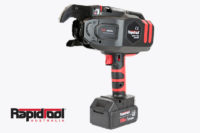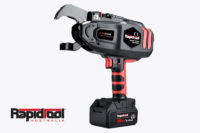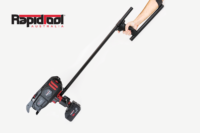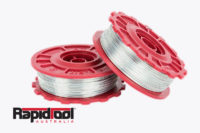One of the most time-consuming and tedious jobs in construction sites is rebar tying. Doing it manually does not only take a lot of time and effort, but puts the worker at risk for developing chronic injuries down the line due to its repetitive nature, causing the inability to work, more downtime, and costs for treatment and rehabilitation. You can avoid all that hassle by investing in a good rebar tier, which will eliminate manual labour and speed up the completion of tying steel reinforcing bars together. High-quality rebar tiers automate the tying process while ensuring properly tied steel bars every time.
High-quality rebar tiers will make rebar tying a simpler and quicker task, while protecting you from strain. Numbness, carpal tunnel syndrome, back pain, and arthritis are among the health conditions that could result from manual tying and cause delays in the completion of your project. The rebar tier automates the tying process for higher productivity and a lower risk of developing any nerve problems and bone or muscle strain caused by repetitive tasks.
The rebar tier is lightweight and easy to grasp, so you can comfortably use it while it ties knots in around one to two seconds. The lightweight construction of the tool is attributed to the heavy-duty plastic used in its construction, with a small percentage of fibreglass. That way, you can count on the tool to withstand the most rugged and tough construction environments. The brushless motor helps reduce the need for maintenance, while prolonging the lifespan of the tier. To start tying, simply pull the trigger and let the tool do its job.
A high-quality rebar tier runs on a lithium-ion battery, which is rechargeable, so it eliminates the need to constantly buy replacement batteries every time it is discharged. A single charge can let you do up to 2,000 ties. To ensure continuous productivity in larger job sites, consider investing in multiple rebar tiers. That way, you will have backup equipment whenever the others need to be recharged.






